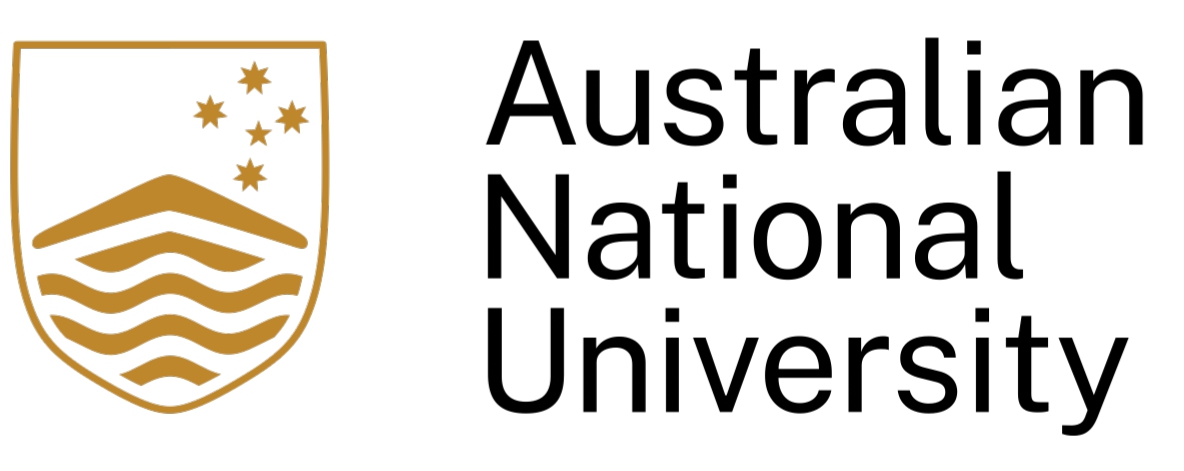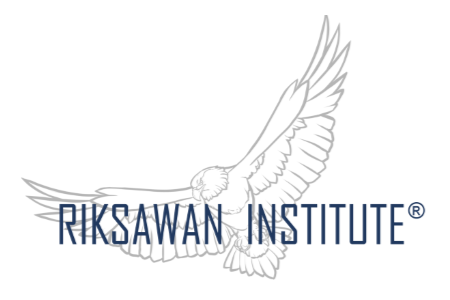Towards Bridging The Ethical Gap In Using Artificial Intelligence Writing Tools In Academic And Research Writing
Abstract
The pace of development in artificial intelligence (AI) is quickening, and it holds immense potential to transform different facets of our existence. The use of AI-powered writing assistants has become increasingly popular in recent years. However, there are ethical issues surrounding this technology in the academic environment and the lack of an ethical framework in some academic institutions to guide its use creates more ethical dilemmas for students, academicians and researchers. This study argues for the inevitable need for ethical consideration and a framework to ensure the proper use and application of AI such as GPT in academia to promote the integrity and authorship of academic work. The study systematically assesses the literature to explore ethical gaps in using artificial intelligence in academia and its implications for academic integrity. In addition, the study proposes the reconciliation of the two sides of research, the new presence of AI in academia and academic integrity. We advocate for the creation of ethical frameworks to counter the misuse of AI in academics, research and writing, and promote authorship integrity for both AI and human scholars and a healthy juxtaposition of the two seemingly irreconcilable entities. There is a need for collaborative efforts among stakeholders, including students, faculty, administrators, and policymakers, to combat ethical issues in using AI in academics effectively. Institutions to develop more comprehensive and sustainable strategies to combat ethical issues surrounding the use of AI in academics and promote a culture of academic integrity in higher education settings.



.jpg)
.jpg)
.jpg)
.jpg)


.jpg) .
.

.jpg)

.jpg)

.jpg)




